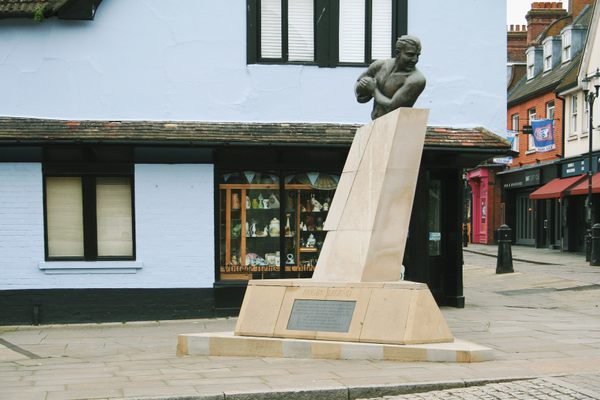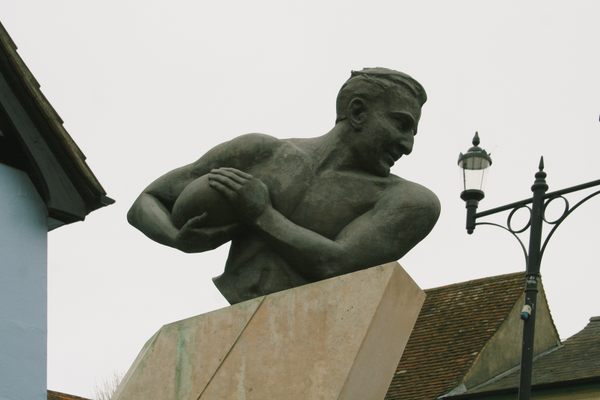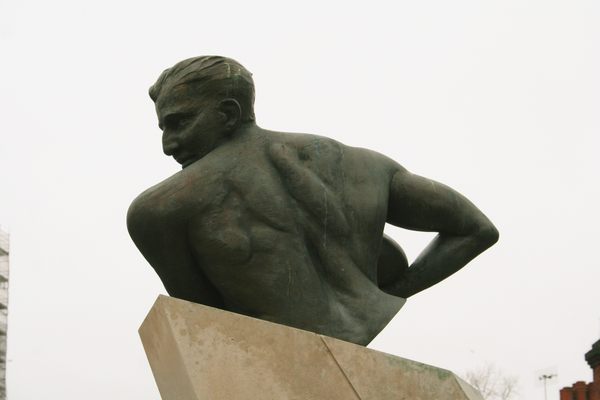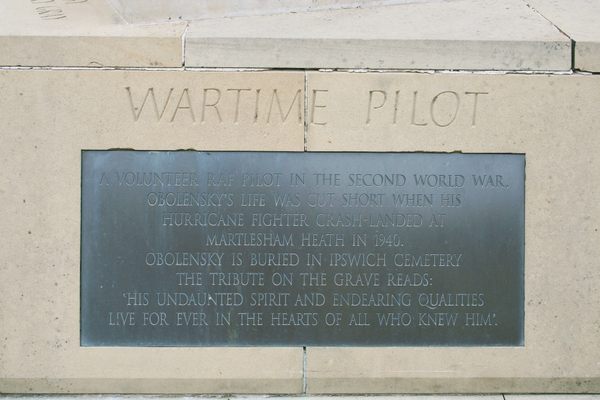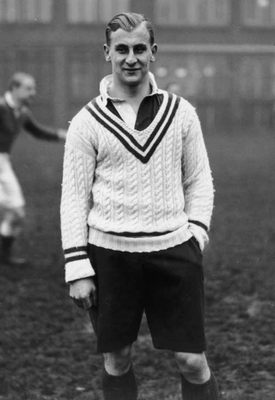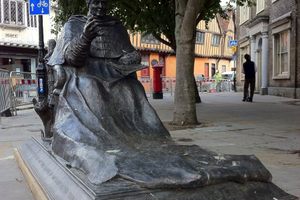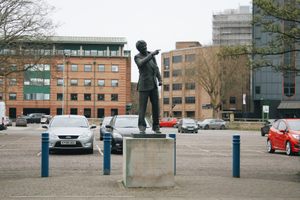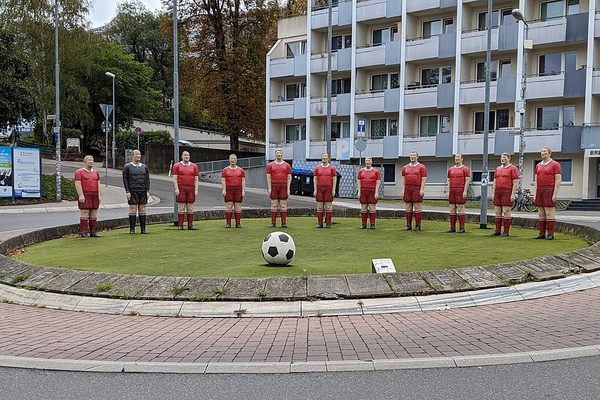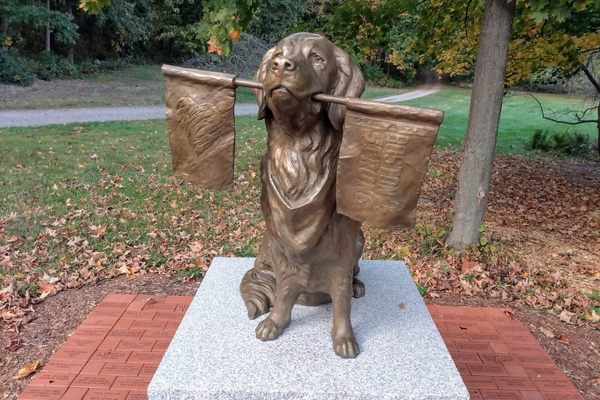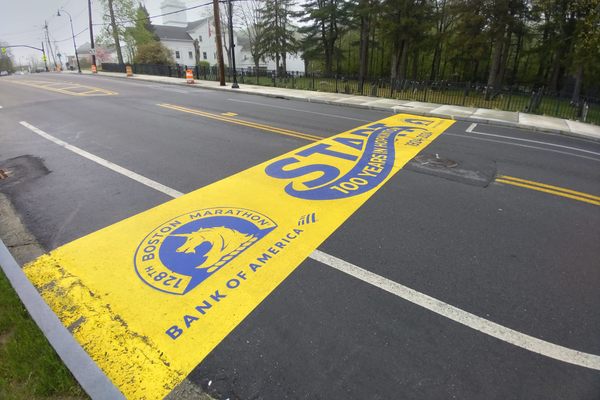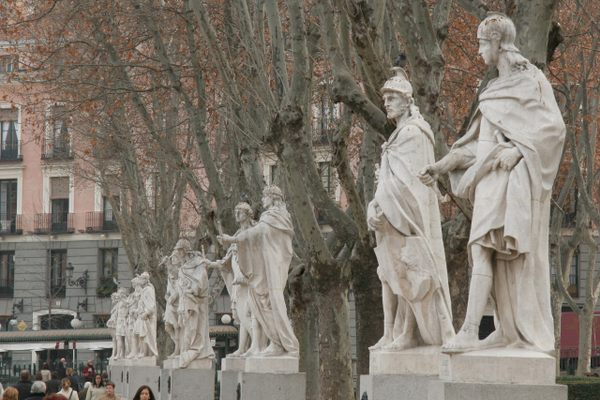About
He's known by many names. The "Flying Prince, the "Flying Slav," or to some, simply "Obo." Prince Alexander Sergeevich Obolensky was a Russian aristocrat who famously represented England in international rugby. A naturalized Briton, he was a Rurikid prince and lived in the U.K. after his family fled Russia from the Bolshevik Revolution of 1917. While studying at Oxford (where he obtained a fourth-class degree), Obolensky picked up rugby and represented the university team. His talents continued to shine as he progressed to professional rugby.
Obolensky played for teams around the U.K., like Chesterfield RFC, the Leicester Tigers, and Rosslyn Park FC. Because of his exceptional talent, England selected him to represent them in the international games. It came with controversy, as Obolensky was not a born Briton nor of British heritage. Despite initial skepticism, Obolensky's impact on the field quickly silenced critics. In his first debut, in 1936, scoring two tries, he played a pivotal role in the country’s legendary 13-0 victory against New Zealand—the first time England had beat New Zealand.
Obolensky's ability to run three-quarters of the field, whiz past opponents, and remain untouched led him to score one of the greatest tries in English rugby history. Thankfully, with footage of the game, many saw the Flying Prince’s impressive play. After that spectacular match, Obolensky’s name became synonymous with rugby legends.
Unfortunately, Obolensky's rugby career was cut short by World War II. He joined the Royal Air Force and was stationed at RAF Kenley at the outbreak of World War II. In March 1940, his Hawker Hurricane Mark 1 overshot the runway, and the aircraft dropped into a ravine during landing. Obolensky died in the crash, at just 24 years old.
The town of Ipswich made a memorial to show recognition for the Flying Prince's short but exceptional life. In February 2009, his niece, Princess Alexandra Obolensky, unveiled his statue. Despite the stillness, it depicts him carrying a rugby ball as if he were playing the game. Harry Gray sculpted the bronze and stone statue. His memorial resides in Ipswich, where he is fittingly carrying a rugby ball and looks on Cromwell Square.
Related Tags
Know Before You Go
The nearest train station is Ipswich, and is a 14-minute walk to the statue. It is just next to Cromwell Square car park.
Published
June 12, 2024
